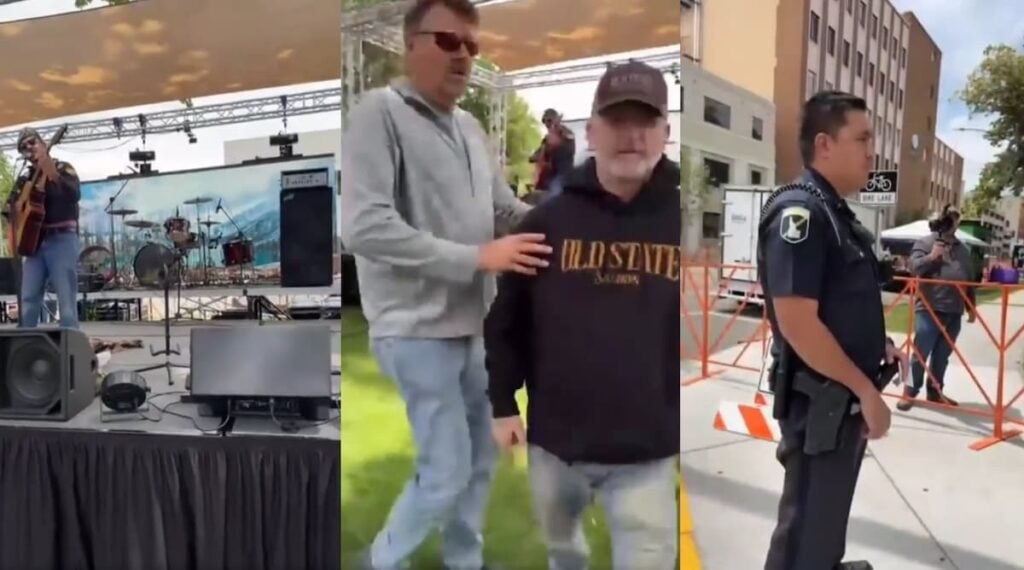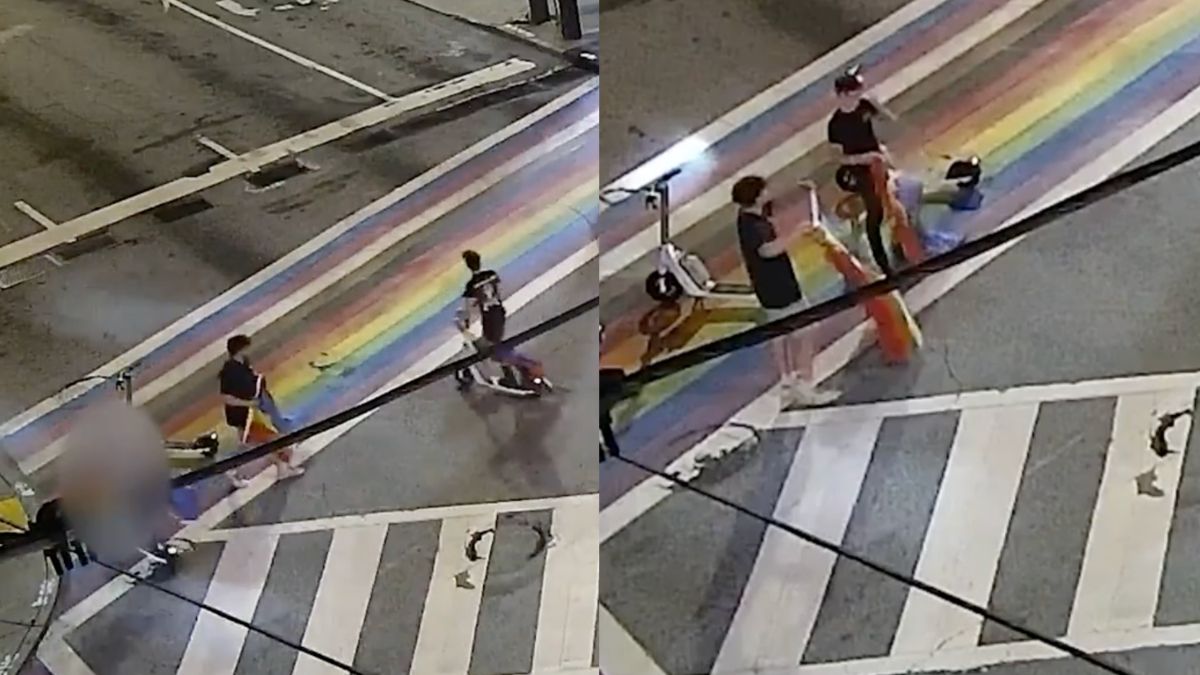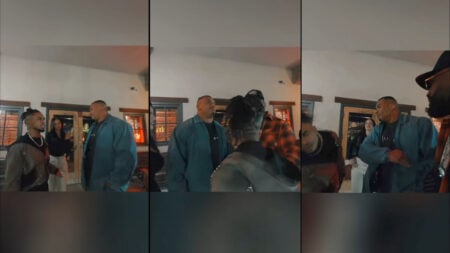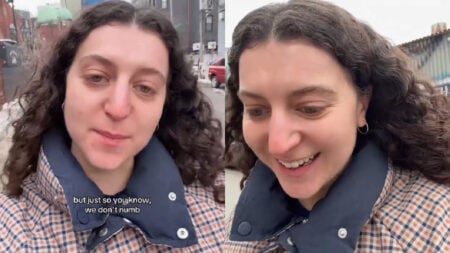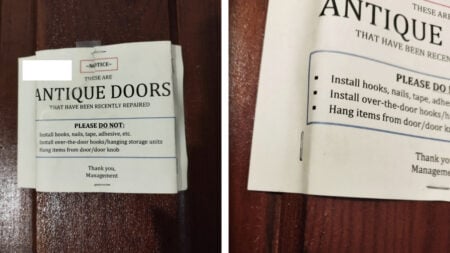What was supposed to be a proud moment for a controversial Idaho festival quickly unraveled into chaos after a surprise performance took direct aim at the event’s ethos, and the crowd wasn’t ready.
At the so-called “Hetero Awesome Festival” outside Boise, Idaho, a musician took the stage under normal circumstances. But minutes into his performance, he stripped down to a set of military fatigues adorned with Pride patches and launched into a punk rock song written from the perspective of a trans person. The response from festival organizers was immediate and hostile. His microphone was shut off mid-song, security moved in, and he was physically removed from the event.
That didn’t sit well with everyone.
As the performer was being ejected, a few bystanders began to push back. One man, caught on camera, stepped in to defend the musician and was seen shoving a member of the organizing staff. Police arrived shortly after but seemed more sympathetic to the man who had intervened than to the festival’s leadership.
The entire incident was captured on video by a trans person who had been filming from the crowd. At the end of the footage, the videographer turns the camera on themselves, speaking candidly about what just happened and why they chose to attend the event in the first place. Their message: this is what queer people are up against in Middle America, even during Pride Week.
The footage has gone viral, with Reddit users ridiculing the festival, not just for its politics, but for its poor attendance. One commenter quipped, “I’ve seen more people waiting in line at a Chipotle.” Another mocked the event’s demographic, saying it looked like “a gathering for straight white dudes to bond over how totally straight they are.”
Festival organizers haven’t issued a formal response, but critics online are calling it what it looked like: a failed attempt to throw a party for people angry about other people’s joy.
As for the musician, his band (Trouble at the Circle K) has seen a massive spike in online plays. Supporters are praising the act as a brave piece of guerrilla protest and likening it to folk legends who used music to challenge oppressive norms.

